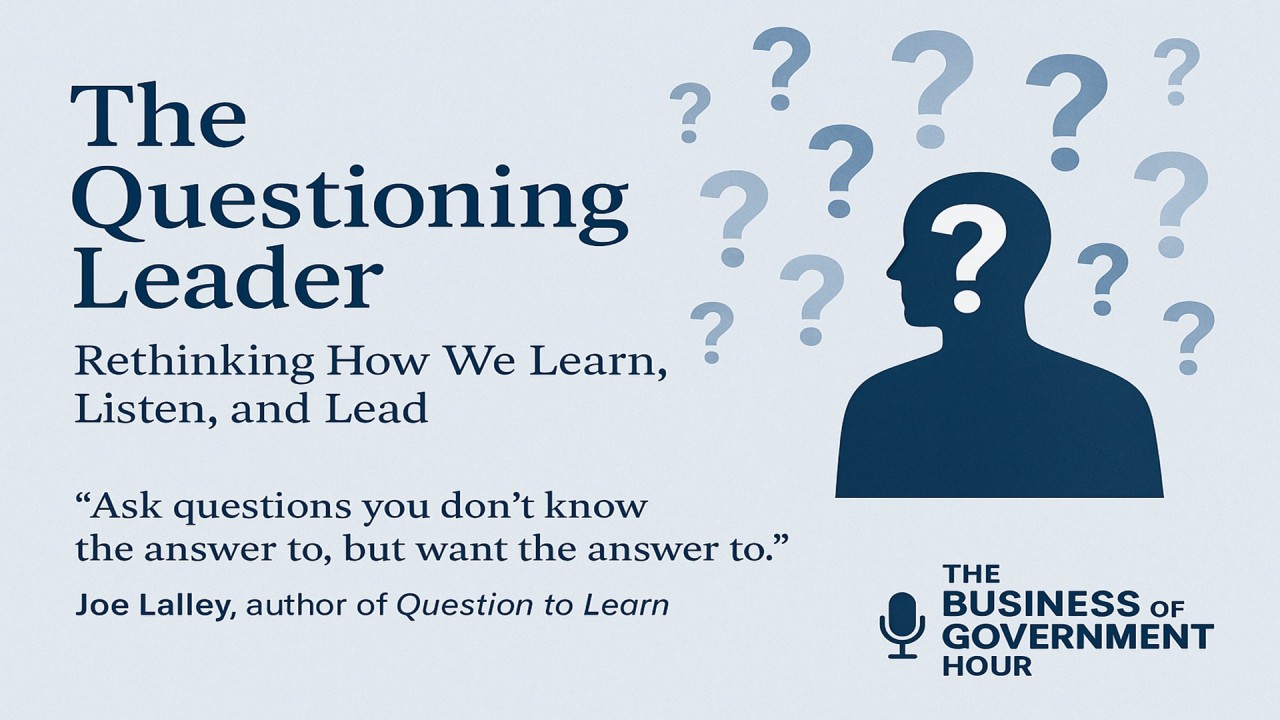Mar19

Diversity, equity, and inclusion (DEI) efforts are crucial for organizations because they offer many benefits such as improving employee morale, increasing innovation, and reducing turnover rates. DEI initiatives are also important to the values of the organization and can improve brand reputation. Here are some key points from the provided web search results:
Firstly, DEI initiatives should be infused into every part of the business and it is the responsibility of the company executives and leaders to drive these efforts. Organizations have the power to create flexible work environments, recruit diverse teams, train employees to identify and prevent internal discrimination, and offer everyone equal opportunities at work. As a result of these efforts, organizations will experience supplementary benefits.
Furthermore, organizations can take an active role in embedding DEI learning into the heart of business operations and culture by making three important shifts: from unconscious bias training to a DEI learning strategy, from DEI awareness to DEI fluency, and from individual compliance to personal action and systemic change.
In addition to these points, understanding DEI terminology is also important to organizations. Diversity is defined as the presence of differences within a given setting, which includes gender identity, race, ethnicity, religion, nationality, communities, sexual orientation, place of practice, and practice type. An organization creates a diverse workforce by recruiting employees from different backgrounds. Equity means treating everyone fairly and providing them with the resources and opportunities they need to succeed. Inclusion is the act of creating an environment where everyone feels welcomed and valued for their unique differences.
Finally, to effectively track inclusion, organizations must measure employee sentiment with a considered definition of inclusion, ensuring the organization can act fast on the results. In summary, DEI efforts are crucial to organizations because they create a fair and inclusive environment where employees can feel valued and empowered, leading to increased productivity and innovation.
What Can Leaders Do?
To equip organizations/companies for success in the area of Diversity, Equity, and Inclusion (DEI), there are several strategies that can be implemented.
One approach is to align DEI initiatives with organizational goals using metrics, benchmarks, and milestones. This helps to ensure that progress is reported, monitored, and celebrated. Additionally, requiring leaders and managers to participate in behavior-based DEI trainings can be effective, as it helps to create a culture of inclusivity and promotes understanding of diverse perspectives.
Another strategy is to make space for employee voices and actively listen to their experiences and suggestions for improving DEI within the organization. This can involve acknowledging the need for change, unlearning biases, and creating safe spaces for dialogue.
Moreover, talent management and HR can play a crucial role in promoting DEI by communicating expectations around the importance of the above strategies to managers, mentors, and sponsors. They can also provide access to DEI training, resources, and tools and analyze talent practices to identify any biases or barriers to diversity and inclusivity within the organization.
Ultimately, creating a successful DEI program requires a commitment to ongoing learning and growth, as well as a willingness to listen, adapt, and make changes as needed.
Keywords: Change Management, Coaching, Management
 Who Are You Under Pressure - And Is That the Real You?
Who Are You Under Pressure - And Is That the Real You? LinkedIn Voice for Sales
LinkedIn Voice for Sales Succession Planning is Hard because it’s Identity, Structure, and Systems All at Once
Succession Planning is Hard because it’s Identity, Structure, and Systems All at Once The Corix Partners Friday Reading List - February 13, 2026
The Corix Partners Friday Reading List - February 13, 2026 The Questioning Leader: Rethinking How We Learn, Listen, and Lead
The Questioning Leader: Rethinking How We Learn, Listen, and Lead